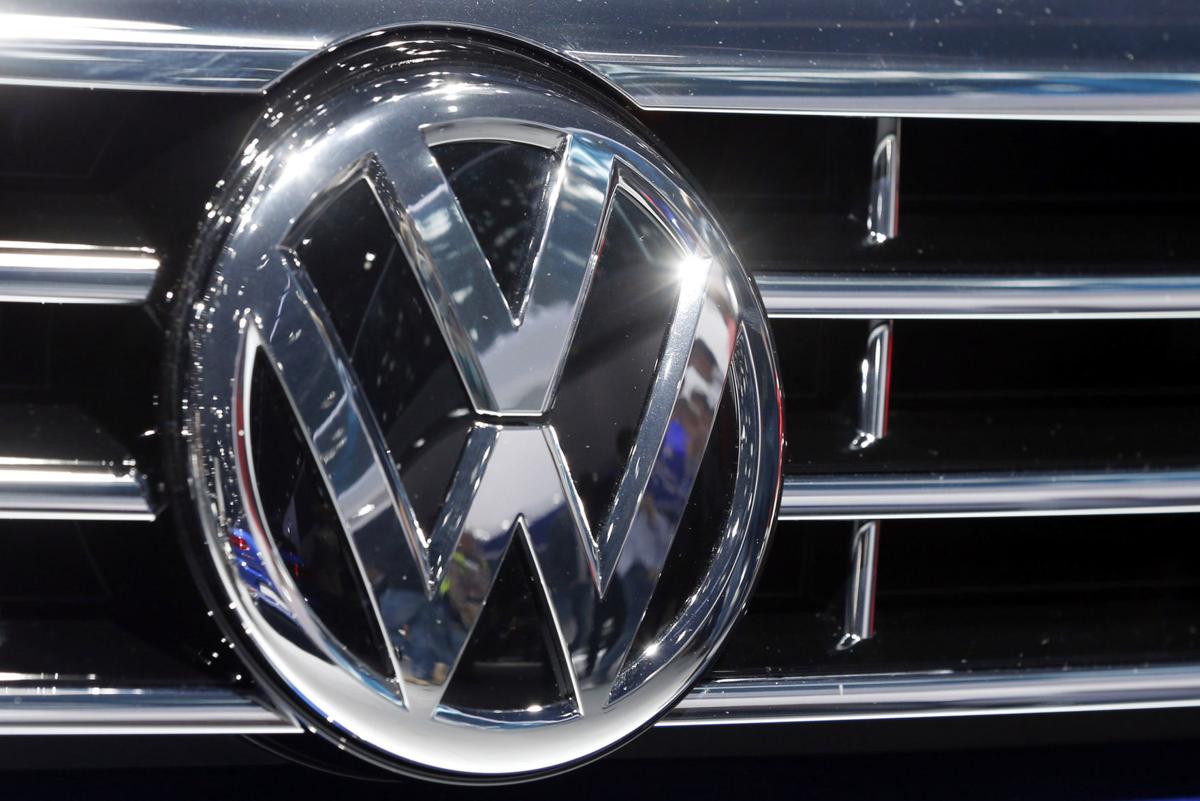PHOENIX — Volkswagen is telling a judge it can’t be found guilty of consumer fraud because its now-disproved claims about the cleanliness of its diesel vehicles were just promotional “puffery.”
In new court filings here, Volkswagen’s legal team is acknowledging that the company designed and sold vehicles under the VW, Audi and Porsche labels with “defeat devices.” Those essentially allowed its cars to emit more nitrogen-oxide pollutants during actual on-road driving than showed up during tests. The emissions were many times higher than federal standards.
VW eventually pleaded guilty to three felonies, including defrauding the U.S. Environmental Protection Agency, and agreed to $4.3 billion in penalties and another $4.9 billion to address pollution from the supposedly low-emission diesel vehicles. Arizona is getting $57 million from that for projects to reduce emissions of oxides of nitrogen.
But the legal team, represented in Arizona by attorney Keith Beauchamp, told Maricopa County Superior Court Judge Randall Warner he should reject a bid by Attorney General Mark Brnovich to have VW also found guilty of consumer fraud because it advertised and marketed the vehicles to Arizona consumers as “clean.”
In essence, VW contends that its promotional phrase of “clean diesel” has no legal meaning and didn’t amount to specific environmental claims made to consumers about its nitrogen-oxide emissions.
“Simply put, ‘clean diesel’ is legal puffery under Arizona law” and means there was no violation of the state’s Consumer Fraud Act, VW argues in legal filings.
To buttress this argument, the lawyers told Warner that it’s not like VW was claiming a factual basis of cleanliness or that the term “clean” has an actual meaning.
“Consider how one perceives how immaculate different ‘clean’ locations are: a ‘clean’ bedroom, a ‘clean’ locker room, a ‘clean’ operating room, and a ‘clean’ semiconductor fabrication facility,” they wrote. “Each conveys different degrees of cleanliness — driven not by the word ‘clean’ but by the location ‘clean’ describes.”
VW said Arizona, in filing suit, never claimed there is an “objective meaning” of the word “clean” or that consumers who viewed its commercials would share such a meaning.
Even if it did convey some meaning to those who bought its vehicles, VW said the statement is true to the extent that the vehicles emit less soot and carbon dioxide than earlier diesels, even if its nitrogen-oxide emissions were higher than legal standards.
Similarly, the company’s lawyers brushed aside other claims by Arizona of consumer fraud based on statements by VW claiming that diesel is “no longer dirty.”
“No standard is provided to measure ‘dirty’ or ‘clean,’” they said.
VW’s contention is getting a fight from Assistant Attorney General O.H. Skinner, who is leading the legal team that filed the 2016 lawsuit. He hopes to get Warner, after reviewing the company’s commercials at a January trial, to conclude they misled viewers.
That finding would open the door to fines of $10,000 per violation. With VW admitting in other legal documents that more than 11,000 of these vehicles were sold or leased to Arizonans between 2009 and 2016, that would total $110 million.
The state also is claiming that Arizona laws make false advertising a violation. And that makes each ad and each commercial aired in the state a separate offense.
Skinner does not deny that courts have ruled that mere puffery does not give rise to claims of consumer fraud. But he told Warner in his own court filings that VW’s arguments should be rejected.
“The ‘puffery’ doctrine does not protect criminal schemers from the consequences of their intentional deception,” he wrote.
“Puffery is no defense to the specific representations made in the ads,” Skinner said, adding it cannot apply to “long-running intentional deceptive practices” in which the state claims VW engaged.
Skinner said he sees the commercials as part of a “master scheme” that started with VW manufacturing vehicles designed to defeat emission testing and then concealing that from regulators.
The lawsuit claims that Arizonans were effectively duped into buying vehicles with a special diesel engine that was advertised as having just a fraction of the emissions as similar cars. Buyers paid anywhere from $1,000 to $7,000 more than for comparable vehicles.
But those low emissions were, in many ways, on paper only. VW engineers had programmed each vehicle’s computer to recognize when it was being tested for emissions. At that point, it would go into a low-power mode with sharply reduced pollution.
Once the test was over, the engine returned to full power — producing more pollutants, including as much as 40 times the maximum allowable standards of nitrogen oxides.
At a hearing Warner has scheduled for January, the judge will review several of the company’s commercials aired in Arizona to determine if they cross the line into consumer fraud.





